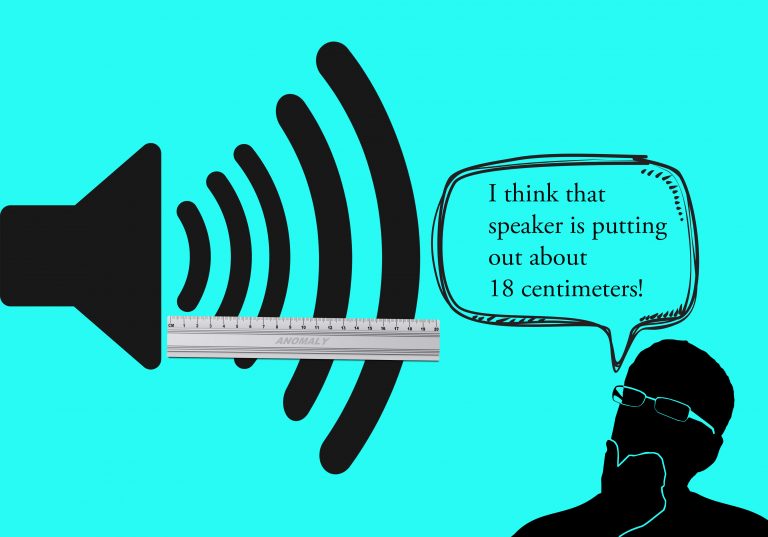Free Speech Means Freedom NOT to Speak
There’s been a great deal of discussion amongst conservatives about the potential revival of the fairness doctrine, and some action on the left in hope of actually reviving it.
I regard the fairness doctrine as a thoroughly reprehensible idea. I did not support it while it was still in existence and I hope it doesn’t make a comeback.
At the same time, and for the same reasons, I think that radio stations should be free not to air this program, which many find offensive. Now the AFA is complaining about how they’re being suppressed. But freedom to speak doesn’t mean that others have to support your particular speech. That was the error of the fairness doctrine–that freedom to speak means somebody else must pay to disseminate your speech.
In this case, TV stations are rejecting the program because it annoys their customers. Whether you agree with their decision on this particular decision or not, if you believe in freedom of speech, I think you should agree that it is their choice.
If I write a book and somebody else doesn’t want to publish it, that’s their choice. I don’t have a “right” to a publisher. As a publisher myself, I don’t have a duty to publish things I regard as inappropriate, no matter how wrongheaded my definition of “inappropriate” might be.
Of course this can go on and on. Indeed the AFA does have the right to complain about those who don’t show their program, as I have the right to complain about their complaint. That’s freedom, folks!

I’ve seen this a number of times among college newspapers, like the Daily Illini which I read much too often (hey, it’s free and available). While it is the official student paper, it enjoys complete editorial independence because it is actually an entity separate from the university. They like to wave their “freedom” around like a badge of honor, though they really have no idea what it means. A few years ago, they published a full page ad which was overtly racist from a Zionist organization that was holding a meeting in town. After the predictable mountain of mail that they received in response, they defended themselves (with quite a congratulatory pat on the back) by saying they were upholding their belief in the freedom of the press. They obviously needed to spend more time on their journalism homework (or their junior high history homework, which is where I learned what freedom of the press really meant).